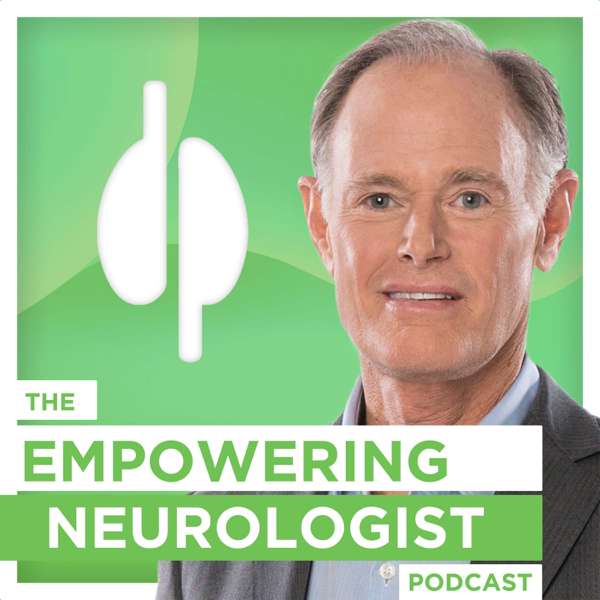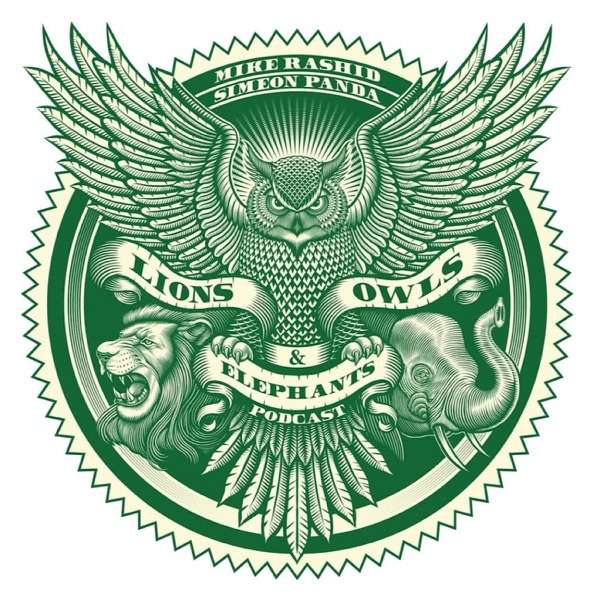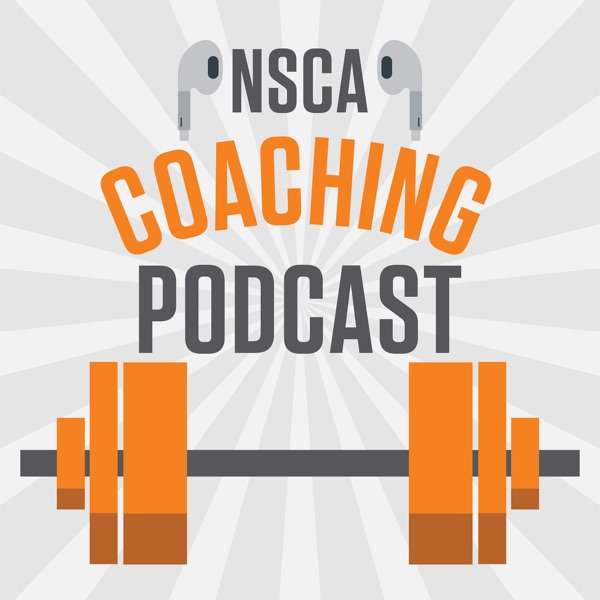This is an episode of Crush It Mondays. Each week, I’ll bring to you an inspiring message, habit, or contemplation to get your week off to a powerful start. In this week’s episode, I want to talk about how our thoughts affect our emotions, and how it can alter the consequences of a situation.
Listen Now
I was prepping for a new format of a speech that I just had the opportunity to give at the Inspired Your Ride event in Nampa, ID. I have my usual topics I love to discuss, but I came across the ABC Model in Cognitive Behavioral Psychology. I often think about and discuss the importance of being aware of emotions. It's hard sometimes... sometimes you feel disrespected and get angry, sometimes someone says something that makes you feel embarrassed. And maybe you say or do something that you wish you hadn't.
In this model, we are going to break down a situation into A,B,Cs.
Let's start with A.
A is the adversity that you are experiencing. It's something that happened to cause you stress, make you worry, or just cause an emotional response.
B is the belief about what happened. It could be why we think it happened, what we think will happen next or even a combination. It's our interpretation of the adversity or event. Often times, due to this belief, we will create limiting beliefs or negative self-talk.
C is the consequence of the belief. It is your behavior like acting out, excessive rumination, yelling at someone, feeling guilt or shame.
D is the disputation of the belief. Asking yourself- is the belief true? Can you change your irrational belief?
E is the New Effect of challenging and changing your belief.
Without considering this model, many of us may think that the adversity actually causes the behavior or consequence. The gist of it is that the adversity does not actually cause emotion, but our beliefs about that emotion is what causes the behavior.
The key to putting this to use is actually noting and even writing down when you've had a strong reaction or emotion to something. You can decode what causes you to be reactive and learn how to challenge your beliefs.
I'll start with a very basic example that applies to bike racing, and then I'll give a more inflammatory example.
Okay... so I did a 6 day race in Spain last year in February. The expectations everyone had was that it would be sunny and warm- a nice escape from winter. If you follow my instagram, you've probably seen a photo from this race. It was sunny for one or two days and then the rest of the race had torrential rain. So much so that they ended up canceling the later stages (which I actually found disappointing, but realized that safety for those not prepared is a real issue). So what happened? I wake up and it's cold and pouring rain. Adversity. Of course I would rather ride in nice weather.
So, here is one scenario:
A: it's cold and raining, and I have to race my bike.
B: in this case, the belief is rooted in what we think will happen next. I'm worried I'm going to be cold and miserable or it's going to be slippery and I'm going to crash.
C: I'm really grumpy and dreading the start. I start going down the rabbit hole of negativity telling myself I didn't come all the way to Spain to ride in the rain, it always rains on me when I try to go somewhere warm, I'm dreading how horrible it will be. My bike is going to get messed up. I really don't want to start. I shut down mentally and given up. I have already lost before I get to the start line. I probably perform poorly as a result.
Okay, so now let's challenge that belief. - our disputation: We
--------------
The Sonya Looney Show is produced by Palm Tree Pod Co.

 Our TOPPODCAST Picks
Our TOPPODCAST Picks  Stay Connected
Stay Connected




































 We are a few days into January. When we make a declaration of a new lifestyle, goal, or habit, it can be hard to stick to it. According to
We are a few days into January. When we make a declaration of a new lifestyle, goal, or habit, it can be hard to stick to it. According to 










 Image:
Image:  Image: Sportograf I was really happy with my experience, and also happy with my fitness despite sub-optimal preparation. The heat training I did (if you missed the podcasts, we did a 2 part series on it) worked like a charm. I also got stronger as the race went on which is always a great feeling. I don’t always feel stronger later in stage races- sometimes I totally melt down. Catherine and I had a really fun time both on and off the bike. It is one of the most enjoyable team races I’ve done because we had no pressure, we have a similar sense of humor, and we had similar goals and communication. I hope you enjoy this episode!
Image: Sportograf I was really happy with my experience, and also happy with my fitness despite sub-optimal preparation. The heat training I did (if you missed the podcasts, we did a 2 part series on it) worked like a charm. I also got stronger as the race went on which is always a great feeling. I don’t always feel stronger later in stage races- sometimes I totally melt down. Catherine and I had a really fun time both on and off the bike. It is one of the most enjoyable team races I’ve done because we had no pressure, we have a similar sense of humor, and we had similar goals and communication. I hope you enjoy this episode!  Image: Sportograf
Image: Sportograf














 Have you ever felt overwhelmed like every part of your day was spiraling out of control and you weren’t enjoying your life at all? I admit that I have, and so have this week’s podcast guests
Have you ever felt overwhelmed like every part of your day was spiraling out of control and you weren’t enjoying your life at all? I admit that I have, and so have this week’s podcast guests 






